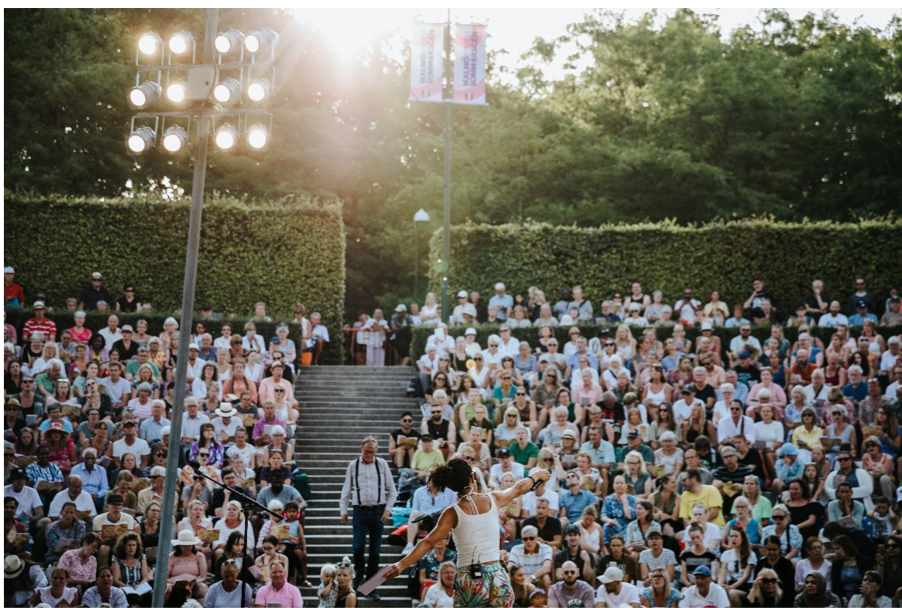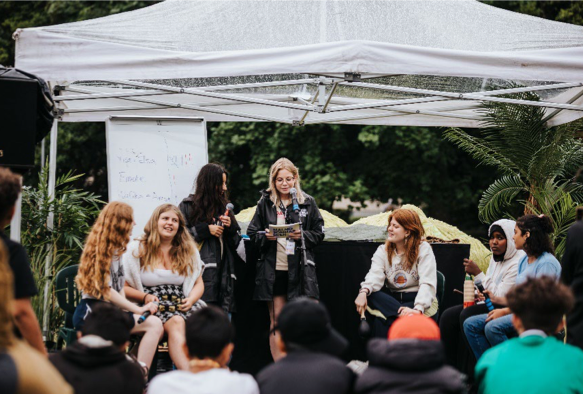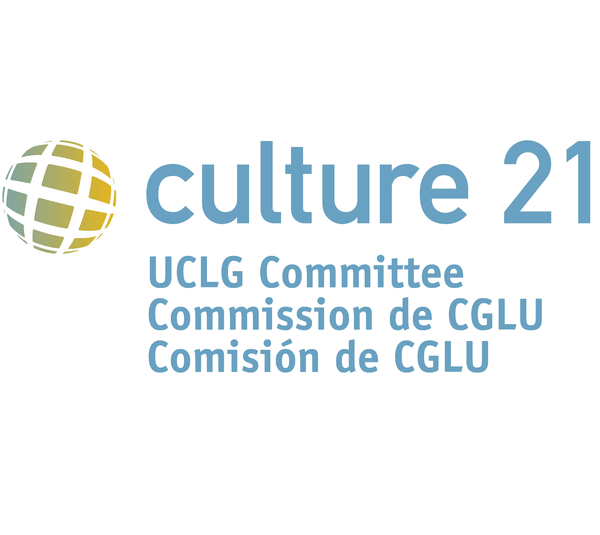Imagine that the librarian tells you that the book you wanted to borrow has been removed because of depictions of racism or LGBTQI themes? Then put yourself in the situation where you are forbidden to play a musical instrument because of your gender, or that story time for your children is cancelled due to external threats against the storyteller. It may seem absurd but is very real in many parts of the world – in some cases even in Sweden.
During Forbidden Culture Week, which will reoccur annually, Malmö residents will be able to participate in different forms of culture that at some point, somewhere and for some reason have been censored, banned or otherwise forbidden. The idea is that the event will raise awareness of such culture from an international, national and historical context
Forbidden Culture Week will commence with a public opening at Malmö Live and throughout the week Malmö residents are welcomed to take part in and engage in the program. All events arranged by the City of Malmö's operations are free of charge and public.
Events are being planned for both schools and the general public. The city’s Dawit Isaak Library for Freedom of Expression will, among other things, offer school visits on free access to culture, where Malmö’s artists in refuge will talk about the situation of cultural workers around the world. There will also be an extensive programme for all Malmö residents to take part in free of charge, including special tours of exhibitions, story times about forbidden literature, writing workshops where young people can create their own texts, book circles, concerts, film screenings and author talks.
As a foretaste of Forbidden Culture week, the Dawit Isaak Library has recently opened a new section with Ukrainian books that have been censored or banned at different times. In connection with the launch, the library arranged an evening on censorship of Ukrainian literature, freedom of expression and Soviet literary history. Librarians have made the selection of literature with help from Ukrainian cultural workers and tips from Malmö residents.




